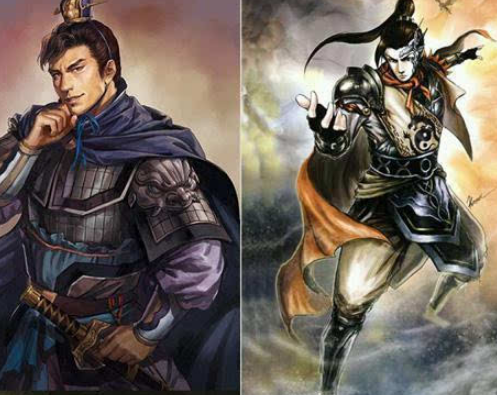In the long history of China, the Wei, Jin, Southern and Northern Dynasties period is a unique and important era. This period is not only characterized by frequent changes of political power, but also by cultural prosperity and accelerated ethnic integration, exerting profound influence on later generations. So, what dynasties does the Wei, Jin, Southern and Northern Dynasties period include? What are their distinct cultural characteristics?

Firstly, we need to clarify the time range of the Wei, Jin, Southern and Northern Dynasties period. This period roughly began in 220 AD and ended in 589 AD. It encompassed the rise and fall of many political powers such as the Cao Wei, Eastern Wu, Western Jin, Eastern Jin, Sixteen Kingdoms, and the Southern and Northern Dynasties. These political powers played important roles in history, jointly constituting this special historical stage.
During the Wei, Jin, Southern and Northern Dynasties period, the political situation was turbulent and wars were frequent. However, it was against this backdrop of unrest that culture flourished. The cultural characteristics of this period are mainly reflected in the following aspects:
1. The Rise of Metaphysics and Taoism: During the Wei and Jin Dynasties, metaphysics became the mainstream thought, and Taoist thought represented by Laozi and Zhuangzi received widespread attention. At the same time, Taoism developed rapidly during this period, becoming one of the important religions that influenced Chinese history.
2. The Introduction and Spread of Buddhism: Buddhism was introduced to China during the Eastern Han Dynasty. By the Wei, Jin, Southern and Northern Dynasties period, Buddhism had spread widely in China, becoming one of the important religions that influenced Chinese history. The introduction of Buddhism promoted cultural exchanges between China and foreign countries, and also injected new vitality into Chinese culture and art.
3. The Prosperity of Literature and Art: During the Wei, Jin, Southern and Northern Dynasties period, significant achievements were made in the artistic forms of poetry, prose, calligraphy, painting, etc. Representative figures of this period such as Tao Yuanming and Xie Lingyun are still highly praised and their works are still widely circulated today.
4. Accelerated Ethnic Integration: During the Wei, Jin, Southern and Northern Dynasties period, ethnic integration in the north accelerated. The exchanges between the Xianbei, Qiang, Jie, and other ethnic groups and the Han nationality became increasingly close, laying the foundation for the great ethnic integration of the Sui and Tang Dynasties.
In summary, the Wei, Jin, Southern and Northern Dynasties period was a time of frequent changes in political power and cultural prosperity. This period encompassed many political powers such as the Cao Wei, Eastern Wu, Western Jin, Eastern Jin, Sixteen Kingdoms, and the Southern and Northern Dynasties, and made remarkable achievements in culture, religion, art, and other aspects. Although wars were frequent, the cultural characteristics and ethnic integration process of the Wei, Jin, Southern and Northern Dynasties period had a profound influence on later generations, becoming an indispensable chapter in Chinese history.
Disclaimer: The above content is sourced from the internet and the copyright belongs to the original author. If there is any infringement of your original copyright, please inform us and we will delete the relevant content as soon as possible.































